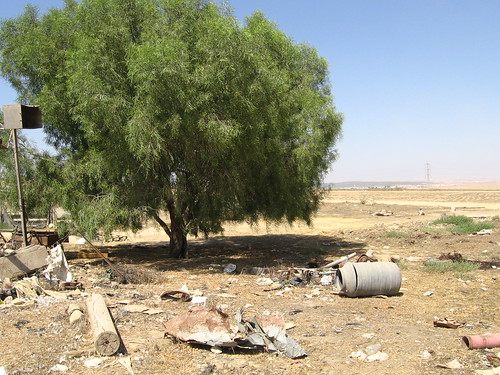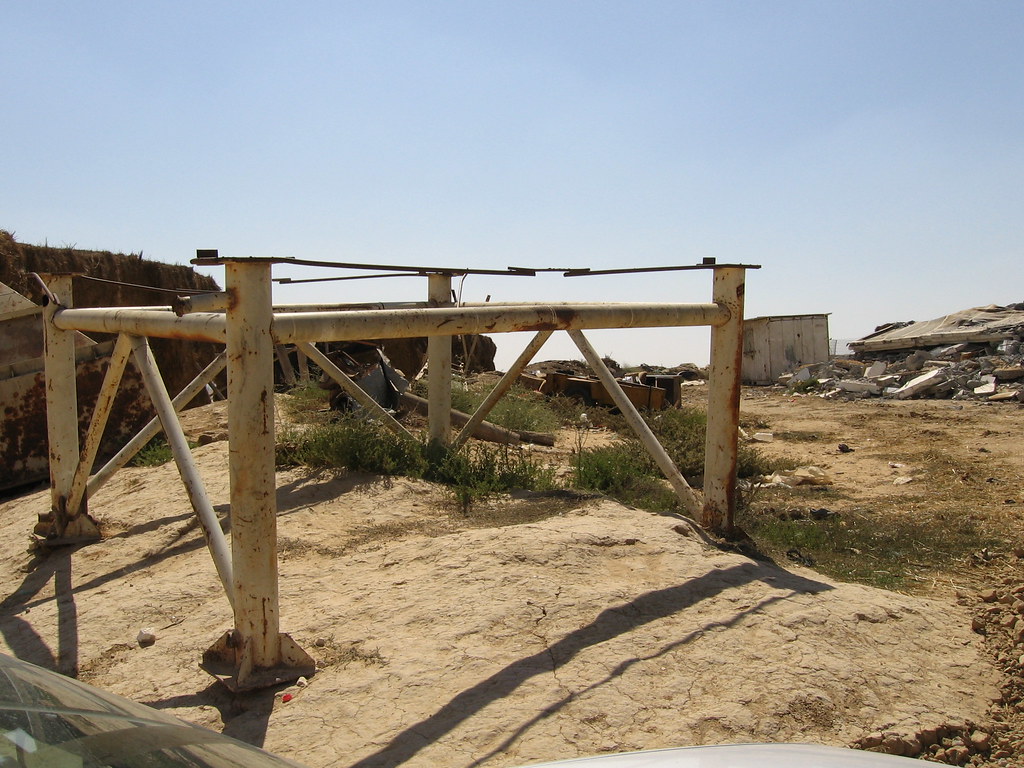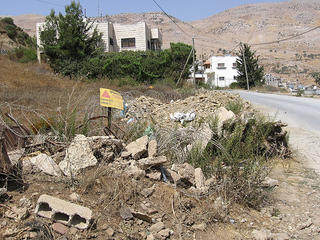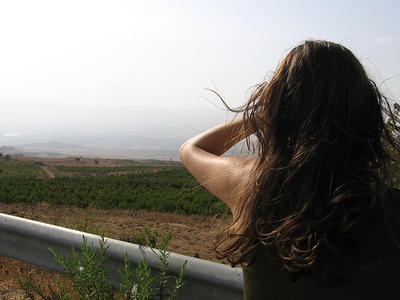

The state that claims to be the only democracy in the Middle East is not telling you the whole truth.
Nevermind Israeli policy in the Gaza and West Bank, discrimination on multiple fronts is being meted out among their own citizens, particularly ethnic Ethiopian Jews and Palestinian Arabs. The focus of this entry is on the latter.
The following is provided courtesy of the Association of 40 / لجنة الأربعين :
The plight of the Arab Unrecognised Villages first began in 1948 with the establishment of the State of Israel. Even though these Arab Villages existed hundreds of years ago, consecutive Israeli governments have ignored their existence, and their Bedouin inhabitants have been denied their rights as citizens of the country.
Since '48, these villages have not appeared on any map and there is still no plan for their development. As a result of this lack of recognition, the villages still lack basic infrastructure: Today, there are approximately 100,000 people who are dispossessed or denied any basic services such as running water, electricity, proper education, health services and access roads - constituting a gross violation of human rights and opposing the values of a modern and democratic state.



